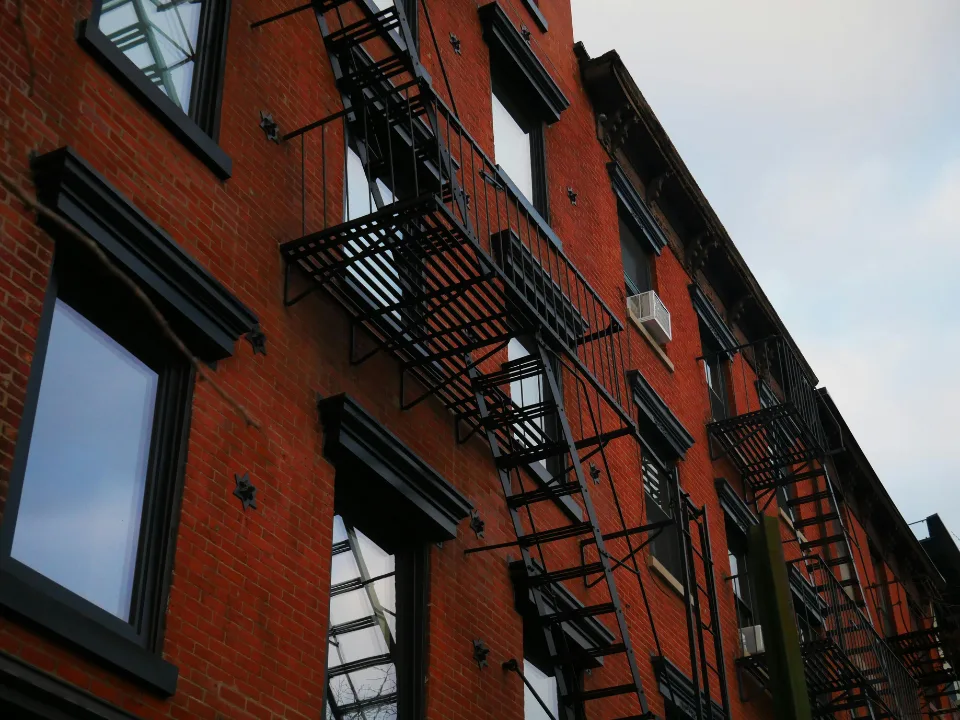- An $850K per workforce housing unit proposal, backed by restaurants and businesses, aims to tackle East Hampton’s worker housing crisis.
- Community critics argue that the plan may primarily serve employers, rather than addressing broader community needs.
- Adjustments to the proposal include reserving 80% of the units for public sector workers and healthcare employees.
According to Bloomberg, as Hamptons businesses struggle with high housing costs for workers, a new proposal for employer-sponsored workforce housing has sparked both support and criticism.
What’s Being Proposed
Local restaurateurs, including Nick & Toni’s and Montauk Lake Club, are backing a plan to build apartments priced up to $850K for employers to purchase for their staff.
However, the proposal has ignited debate over whether it will truly serve the broader community or primarily benefit businesses.
The Housing Crisis
Hamptons employers face growing challenges in securing affordable housing for workers in one of the world’s most expensive real estate markets.
And with housing costs rising over 40% in the past year, some businesses are offering steep salaries or building private housing to retain staff.
For example, Honest Man Hospitality’s CEO, Mark Smith, is constructing a house for his chefs, while Montauk Lake Club pays line chefs over $100K annually to offset housing costs.
The Proposal
Publisher Kirby Marcantonio, who owns a vacant site on Pantigo Road in East Hampton, has proposed building a 48-unit workforce housing complex.
His plan offers units for employers to buy, giving them more flexibility than traditional affordable housing projects.
Marcantonio argues that after decades of inaction, a new approach is needed to solve the housing crisis.
Opposition, Adjustments
The project has faced political opposition, with critics concerned that it would mainly benefit wealthy businesses and potentially be used to house non-essential workers like influencers.
In response, Marcantonio revised the plan to allocate 50% of units to healthcare employers and 30% to public-sector workers, leaving only 20% for private businesses.
Despite this, some officials remain skeptical about the ability of public entities to purchase units.
Looking Forward
Supporters hope the Pantigo Road project will become a model for solving the East End’s housing crisis, with plans for similar developments in Southampton.
However, the project faces additional challenges related to parking, traffic, and resource constraints.
The debate continues, with further discussions expected at upcoming town board meetings.

















